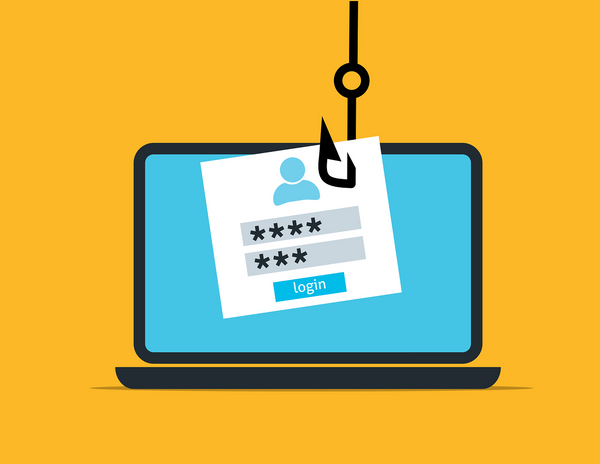Fake Prizes and Customer Surveys: 6 Telltale Signs You’re Dealing With a Scam

Are survey solicitations popping up in your Inbox or social media feeds? Are they promising you the latest iPad, a brand new car, a $500-dollar gift card, or even cash? Be careful; scammers might be trying to steal your data and credit card information.
Survey scams offering participants “free gifts” such as smartphones, tech gadgets or gift cards are a prevalent means for cybercriminals to steal users’ information. This isn’t by chance, as users are more likely to participate in a quick 30-second survey to win a PS5 or brand new iPhone than a modest discount for their next purchases.
These scams can take the form of calls, emails, text messages or online ads, and are frequently associated with the names of organizations internet users easily recognize, including major retailers such Walmart, Target, eBay, Apple and Amazon, as well as supermarkets and coffee shops.
Sham surveys are usually a sign of a much larger social engineering trick that may lead to fraud, identity theft and device compromise. So, consider yourself lucky if you only end up paying the shipping fee for a product you’ll never receive.
Here are six telltale signs you’re dealing with a scam survey:
· You’re asked for confidential or personal information. This is a major red flag. No legitimate marketing survey will ask for sensitive data such as your login credentials, credit card number or Social Security number to claim your prize.
· The message pressures you to act fast or risk losing your prize. Scammers are in a hurry to con their victims, so pay close attention to limited-time offers hurrying you into giving out your info.
· You’re promised big prizes in return. While it’s not uncommon to get a survey request in your inbox after buying something online or signing up to a platform, a genuine survey request will usually earn you a 5%-10% discount on future purchases and not a thousand-dollar phone.
· You need to pay shipping fees. If you’ve actually won a prize for taking a survey, you shouldn’t pay for it. If you’re told you need to pay for taxes, shipping or processing fees, you’re dealing with a scammer.
· The solicitation contains misspellings and peculiar wording. Official surveys that seek customer feedback are carefully edited by businesses and shouldn’t contain weird language or poor grammar.
· You’re asked to download or access an attachment containing additional information. Never open attachments received in unsolicited emails, no matter how safe they look. They might deploy malicious software or spyware to compromise your device and data.
When in doubt, contact the business by looking up the contact information on their website. If you think you’ve fallen for a survey scam phishing email and provided your information or credit card details in the process, contact your bank immediately and monitor your financial accounts for unauthorized purchases.
Protect against malicious and fraudulent activity on your household devices with our extended 90-day Bitdefender Total Security trial free of charge! The security solution keeps your Windows, Mac, Android and iOS devices safe from cyberattacks, phishing attempts and other nasty internet threats.
If you want to check if your personal information was stolen or made public online, take a look at Bitdefender’s Digital Identity Protection service. You can actively monitor your digital footprint and also benefit from ongoing breach monitoring and privacy threats for up to five email addresses.
tags
Author
Alina is a history buff passionate about cybersecurity and anything sci-fi, advocating Bitdefender technologies and solutions. She spends most of her time between her two feline friends and traveling.
View all postsRight now Top posts
How to Protect Your WhatsApp from Hackers and Scammers – 8 Key Settings and Best Practices
April 03, 2025
Outpacing Cyberthreats: Bitdefender Together with Scuderia Ferrari HP in 2025
March 12, 2025
Streamjacking Scams On YouTube Leverage CS2 Pro Player Championships to Defraud Gamers
February 20, 2025
How to Identify and Protect Yourself from Gaming Laptop Scams
February 11, 2025
FOLLOW US ON SOCIAL MEDIA
You might also like
Bookmarks








